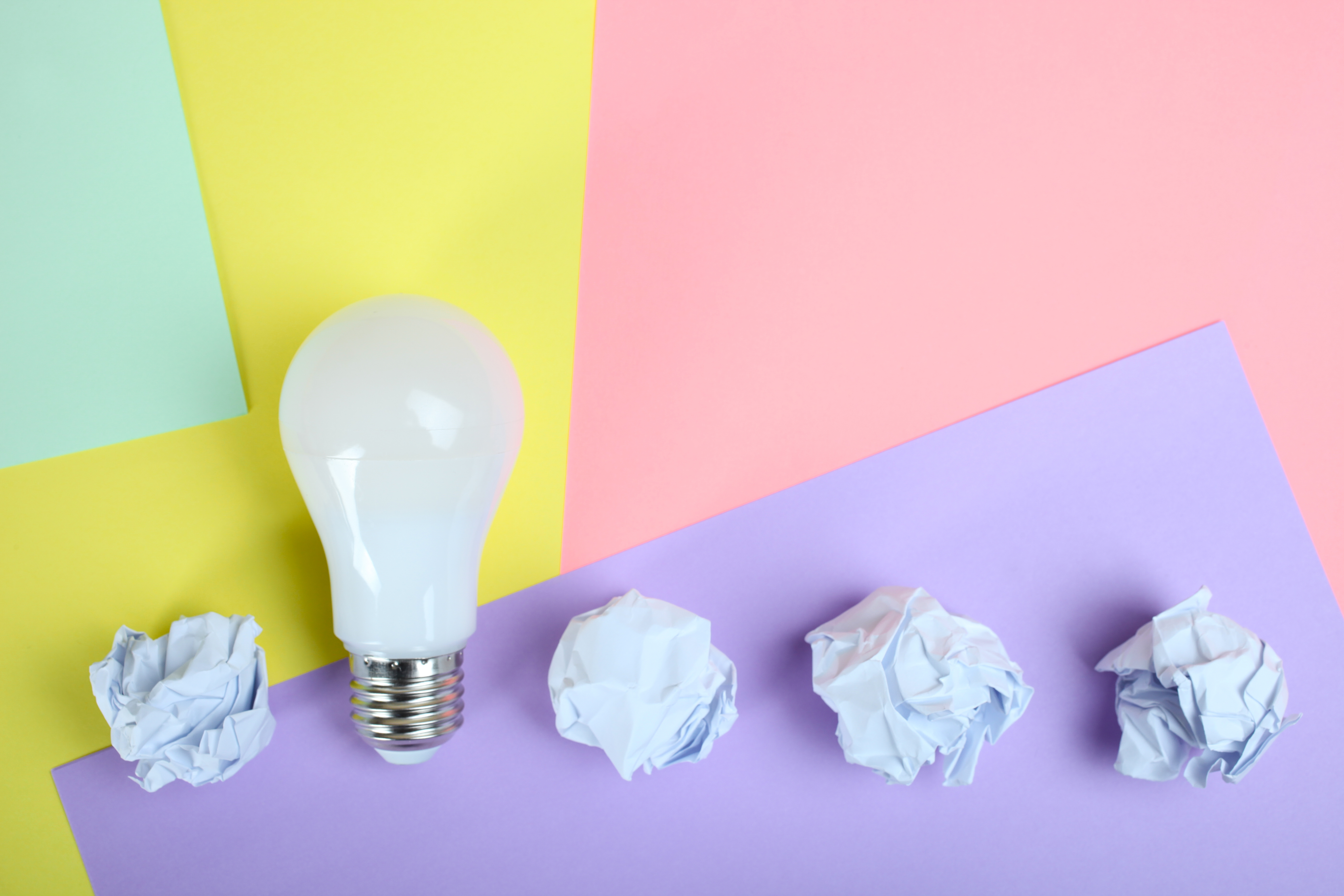Contrary to popular belief, New Year’s resolutions don’t have to be big to be worthwhile. In fact, they’re far more sustainable when they’re not. Declaring the start of an extreme diet or vowing to hit the gym every day, for example, may have a certain kind of appeal for people looking to overhaul their lives every January — but for most of us, these types of goals are a surefire way to see our motivation plummet. It’s no wonder that a few weeks into the new year, we’ve given up on them completely.
That’s why we consulted the experts for their best tips on creating Microsteppy changes that leave us energized and committed. Use them to supercharge your new year.
Practice gratitude
Making a resolution to start every day with green tea is one way to ensure you stay energized in the new year, but an even better bet may be committing to a gratitude practice. Practicing gratitude first thing in the morning helps prepare your brain for positivity for the rest of the day: “Immediately after waking up, take a few minutes to close your eyes and run through what you are grateful for,” Dr. Yeral Patel, M.D., and CEO, founder, and lead physician at Perfect YOUth, tells Thrive. “No matter how large or small the list, this puts your brain in ‘positive’ mode.” Thinking these positive thoughts releases mood-boosting endorphins, Dr. Patel adds, “providing an energy boost that leads to greater productivity and more optimistic thoughts throughout the day.”
Develop an “addition” — not “subtraction” — mindset
One mindset shift to keep you feeling energized as you work toward your goals? Think about what you want to add to your life, as opposed to what you want to take away. “Deprivation isn’t motivating, so set yourself up for success by thinking of what you want more of in your life,” Dr. Kathrine McAleese, Ph.D., a sociologist and high performance mindset coach, tells Thrive. So for example: If you want to eat healthier, don’t look at it as: These are the foods I have to cut out. Think: These are the delicious vegetables I get to add to my diet.
Think small, but consistent
There’s no faster way to drain your energy than to feel like you have a mountain to climb in order to reach your goal. So when you decide what you want to add to your life — whether it’s more leafy greens or a bigger savings account — aim small. “Take small steps and don’t go overboard right out of the gate,” Megan E. Johnson, Ph.D., a psychologist, tells Thrive. “A lot of people operate with all-or-nothing thinking but creating large and lofty goals sets us up for failure.” For example, if your goal is “cleaner eating,” you might begin simply by incorporating two extra servings of vegetables a day into your diet. “It’s ok to start small and build from there,” Johnson says. “Eat one vegetable, run one mile, make one phone call, clean out one drawer, read one chapter.” Ultimately, small but consistent changes lead to bigger ones over time.
Get — and stay — hydrated
If you really want to rise and shine in the new year, “start each morning by drinking 16 ounces of water. The brain often gets dehydrated overnight and needs and utilizes water to function properly,” says Patel. “People mistakenly believe that they have to have their morning coffee to ‘get going,’ but what they really need is the hydration and energy that water provides.” But make sure your water intake doesn’t stop there, and remind yourself to keep drinking water throughout the day. This is essential, especially in terms of your workday energy: Dehydration negatively impacts your workflow and productivity, causing cognitive deficiency (translation: brain fog and exhaustion). Sip up!
Start moving
As noted above, resolving to become an extreme exerciser isn’t exactly sustainable — or even healthy. But because a lack of movement is detrimental to your health and a recipe for feeling low-energy, adding movement in your day whenever you can is crucial. That’s why Patel recommends micro-movements within thirty minutes of waking. A few options: Take a two- to four-minute walk; march in place, or do 15 to 20 jumping jacks. These types of morning “baby workouts” will “kickstart your cortisol levels and help keep you energized, focused, and more productive,” she adds.
Not a morning person? Mitchell Starkman, RPT, MScPT, Toronto based physiotherapist, has another solution: “Use moments like reading an email, or taking a call to inject some movement and mobility in your life. For instance, you could go on a walk while you return a phone call. It’s no extra time in your day, but has all of the benefits.”
Unplug — literally and emotionally
The big irony of being plugged in all the time is that our internal batteries become drained in the process. “Cell phones, laptops, television and other devices all require us to stare at a screen which strains the eyes and brain and can also cause mental and physical exhaustion,” says Patel. “Our dependence on these devices also takes us away from real world interactions with others—something that is proven to be detrimental to emotional health and well-being.” Too much screen time can also make it harder to fall asleep, potentially leading to sleep deprivation.
Something else to consider about screens is that social media may be zapping your energy. “Are you looking at social media that excites you and pumps you up to be your best, or do you come away from your feed feeling weighed down? Check in with yourself and get rid of what is chipping away at your energy,” advises McAleese, adding that “this is such an under-used tool for protecting and increasing energy. Use it and feel the difference!”
Follow the F-F-P Rule for eating healthier
You know how they say, “You are what you eat?” Well, the energy we feel and exude is often a direct result of what we consume — so paying close attention to how and what we eat is important. One way to make it easy to follow the F-F-P Rule: fiber, fat, and protein. “Mixing a whole grain, which is high in fiber, with a little source of protein or fat, will sustain you and provide you with focus and energy,” says Marina Chaparro, R.D.N., M.P.H. “Snacking serves an even greater purpose when your brain is working,” she continues. “The brain runs on glucose as the primary source of fuel, and carbohydrates are critical for boosting productivity and energy because they are converted into glucose.” Including a high-fiber carbohydrate will give a boost in energy without the crashing blood sugar, making you feel sluggish afterward. Some simple snack options she suggests are trail mix made with plain Cheerios, dried fruit, and nuts, or Greek yogurt topped with a high fiber granola or cereal.
Follow us here and subscribe here for all the latest news on how you can keep Thriving.
Stay up to date or catch-up on all our podcasts with Arianna Huffington here.


